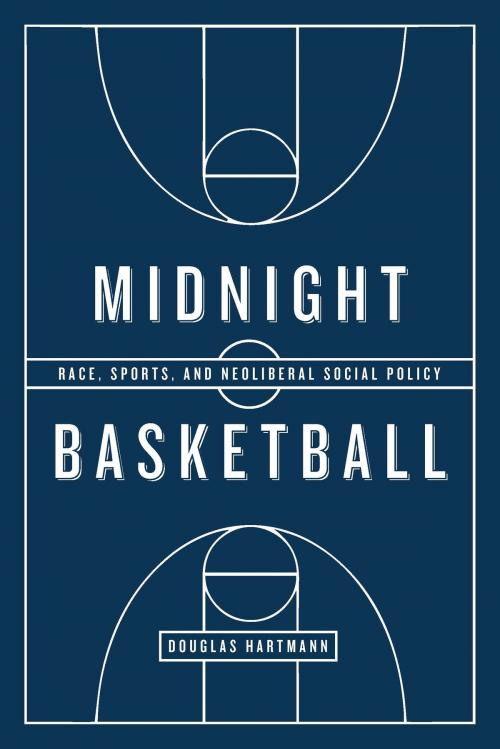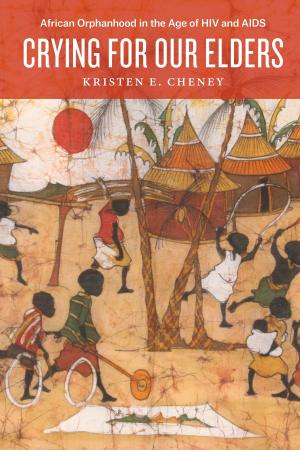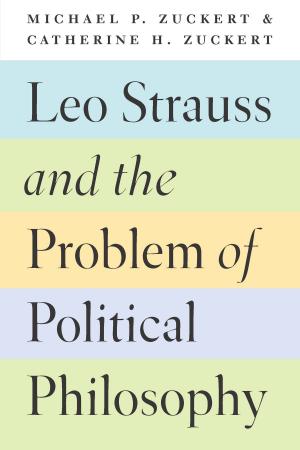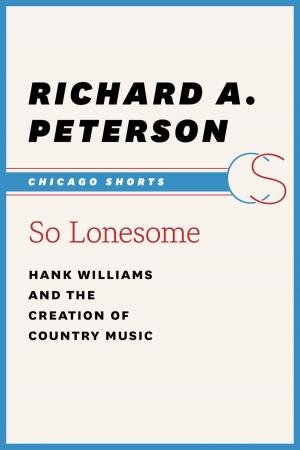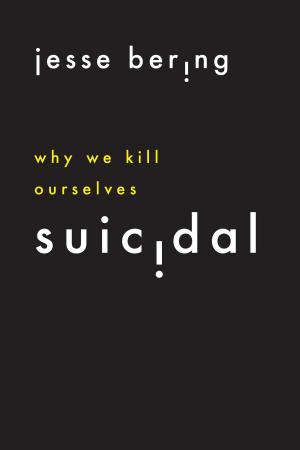Midnight Basketball
Race, Sports, and Neoliberal Social Policy
Nonfiction, Social & Cultural Studies, Social Science, Sociology, Urban, Cultural Studies, African-American Studies| Author: | Douglas Hartmann | ISBN: | 9780226375038 |
| Publisher: | University of Chicago Press | Publication: | July 29, 2016 |
| Imprint: | University of Chicago Press | Language: | English |
| Author: | Douglas Hartmann |
| ISBN: | 9780226375038 |
| Publisher: | University of Chicago Press |
| Publication: | July 29, 2016 |
| Imprint: | University of Chicago Press |
| Language: | English |
Midnight basketball may not have been invented in Chicago, but the City of Big Shoulders—home of Michael Jordan and the Bulls—is where it first came to national prominence. And it’s also where Douglas Hartmann first began to think seriously about the audacious notion that organizing young men to run around in the wee hours of the night—all trying to throw a leather ball through a metal hoop—could constitute meaningful social policy.
Organized in the 1980s and ’90s by dozens of American cities, late-night basketball leagues were designed for social intervention, risk reduction, and crime prevention targeted at African American youth and young men. In Midnight Basketball, Hartmann traces the history of the program and the policy transformations of the period, while exploring the racial ideologies, cultural tensions, and institutional realities that shaped the entire field of sports-based social policy. Drawing on extensive fieldwork, the book also brings to life the actual, on-the-ground practices of midnight basketball programs and the young men that the programs intended to serve. In the process, Midnight Basketball offers a more grounded and nuanced understanding of the intricate ways sports, race, and risk intersect and interact in urban America.
Midnight basketball may not have been invented in Chicago, but the City of Big Shoulders—home of Michael Jordan and the Bulls—is where it first came to national prominence. And it’s also where Douglas Hartmann first began to think seriously about the audacious notion that organizing young men to run around in the wee hours of the night—all trying to throw a leather ball through a metal hoop—could constitute meaningful social policy.
Organized in the 1980s and ’90s by dozens of American cities, late-night basketball leagues were designed for social intervention, risk reduction, and crime prevention targeted at African American youth and young men. In Midnight Basketball, Hartmann traces the history of the program and the policy transformations of the period, while exploring the racial ideologies, cultural tensions, and institutional realities that shaped the entire field of sports-based social policy. Drawing on extensive fieldwork, the book also brings to life the actual, on-the-ground practices of midnight basketball programs and the young men that the programs intended to serve. In the process, Midnight Basketball offers a more grounded and nuanced understanding of the intricate ways sports, race, and risk intersect and interact in urban America.
